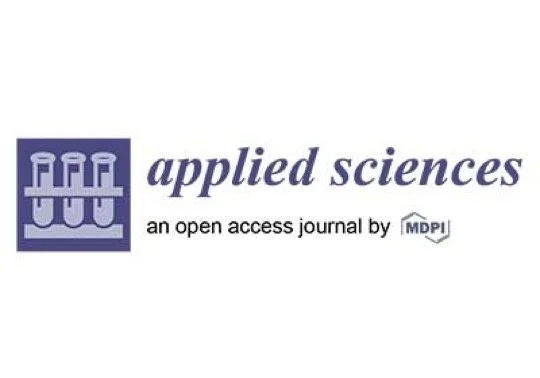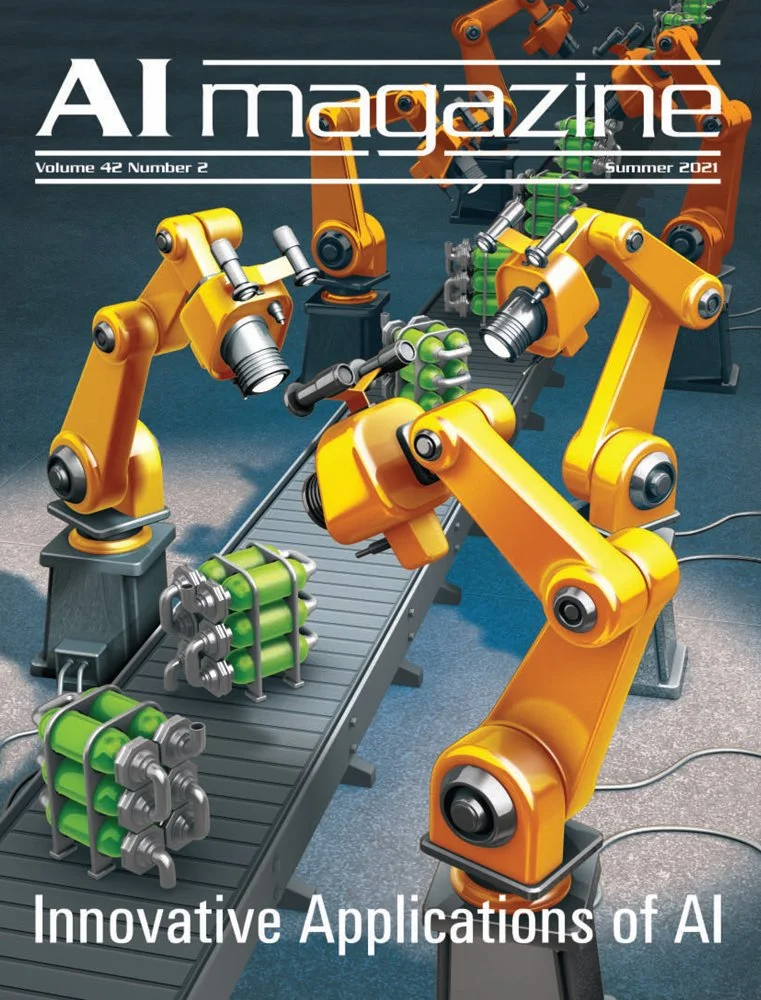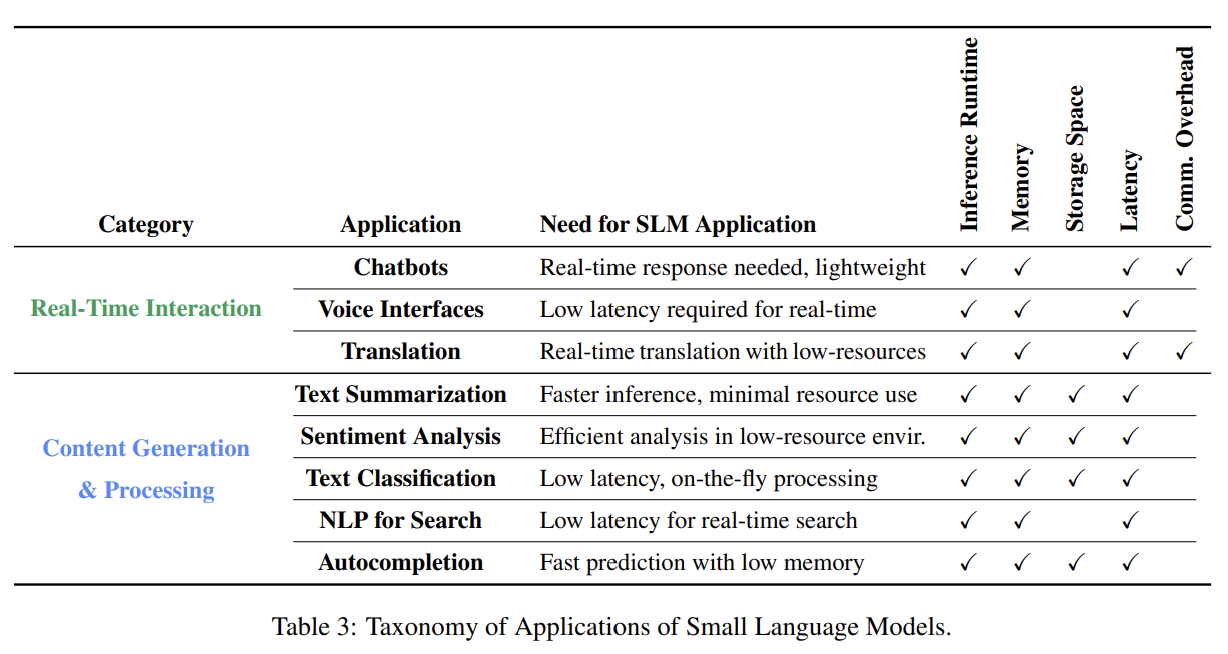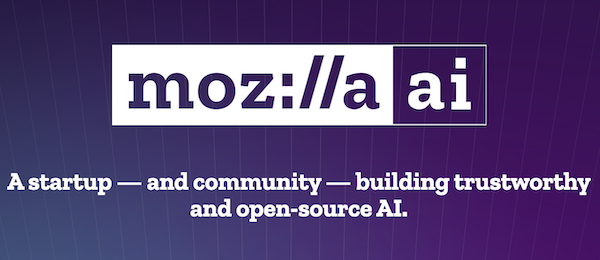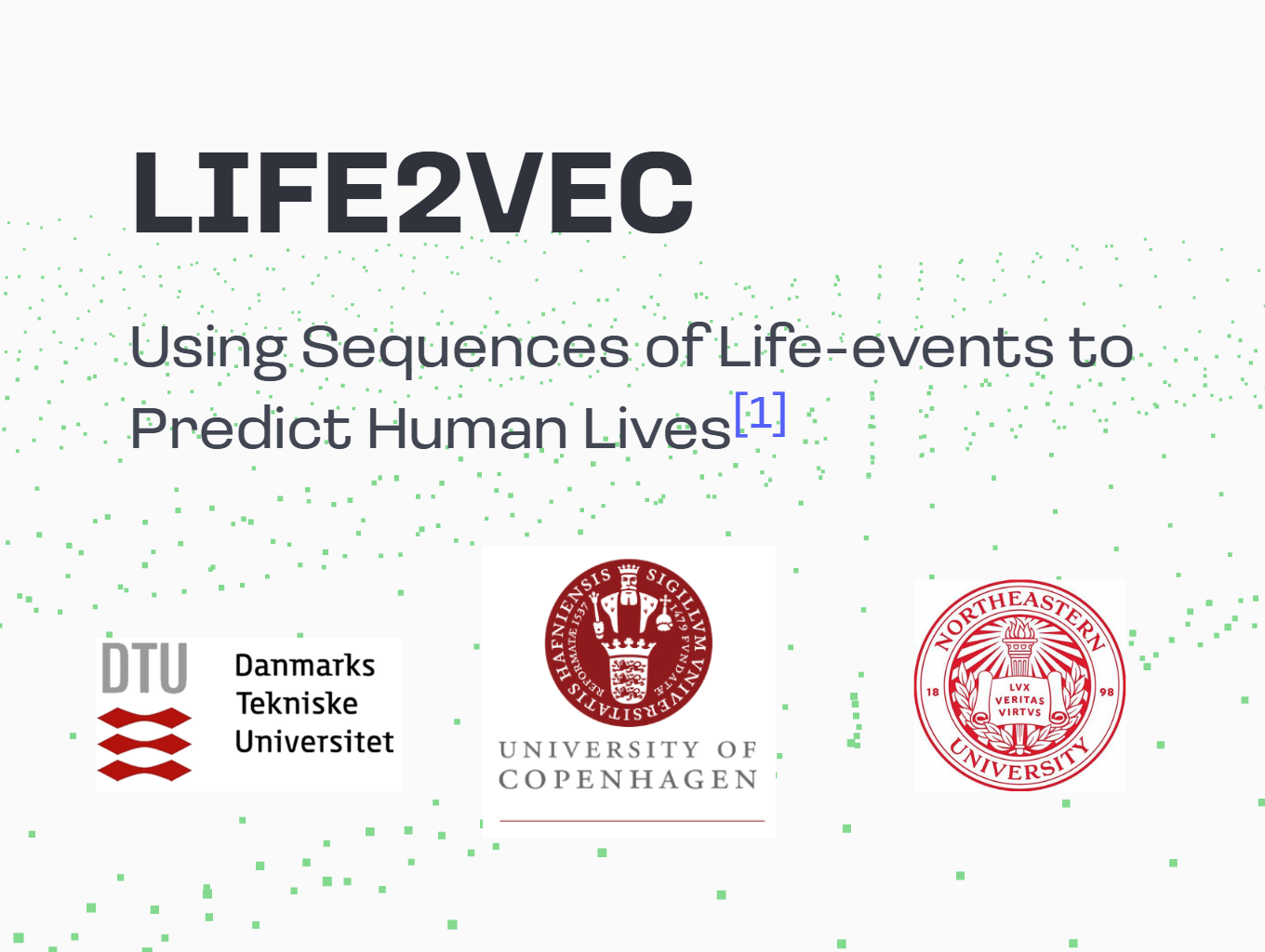
AI Academic Papers
Always a work in progress…
Frontier AI research to highlight model behavior, AI risks, and developments and societal impacts. This can be anything from model testing and novel combination of Machine Learning and Deeplearning, as well as privacy, cyber, and data frameworks.
AI Societal Impacts
-
![Copenhagen University logo]()
Impact of AI on science
How do scientists use the AI models in their work, and what impact will AI have on the scientific community?
-
![Sage journals online logo]()
AI & Democracy
Artificial Intelligence and Democracy: A Conceptual Framework
For better monitoring of AI’s impact on democracy in an interdisciplinary effort by computer and social scientists.
-
![applied sciences journal]()
Democratizing AI
This paper provides an overview of AI’s historical context and evolution, emphasizing the concept of AI democratization. Current trends shaping AI democratization are analyzed, highlighting key challenges and opportunities.
-
![HAI Stanford University AI]()
Social Values in Al
Can we design artificial intelligence (AI) systems that rank our social media feeds to consider democratic values such as mitigating partisan animosity as part of their objective functions?
-
![]()
GenAI Misuse
New research analyzes the misuse of multimodal generative AI today, in order to help build safer and more responsible technologies (2024)
-
![]()
Modeling Human- AI teaming
The model is created to guide the prioritization of ethics in human-AI teaming by outlining the ethical teaming process, outcomes of ethical teams, and external requirements necessary to ensure ethical human-AI teams.
-
![Big Data and Society Sage Journal]()
AI as planetary assemblages of coloniality
Description g. Our post-colonial framework unpacks AI through its (1) global, (2) meso, and (3) local layers, and further dissects how these layers are vertically integrated, each with its horizontal dependenciesoes here
-
![Microsoft Research]()
The Impact of GenAI on Critical Thinking
The research is based on a survey of 319 knowledge workers across various professions, who provided 936 real-world examples of how they use GenAI in their work.
-
![]()
The Ethics of AI Value Chains
Building upon the findings of our integrative review, we recommend four future directions that researchers, practitioners, and policymakers can take to advance more ethical practices of AI development and use across AI value chains.
AI Multi-agents
-
![]()
STEVE-2 Framework
Pre-Print
Do We Really Need a Complex Agent System? Distill Embodied Agent into a Single Model
-
![]()
Self learning agents
Feedback-Based Self-Learning in Large-Scale Conversational AI Agents
Published in AI Magazine -
![]()
Mixture-of-Agents (MoA) methodology
Layered MoA architecture wherein each layer comprises multiple LLM agents.
-
![]()
ChatEval: Debate
Multi-agent referee team called ChatEval to autonomously discuss and evaluate the quality of generated responses from different models
-
![Swarm and computations]()
Swarm Intelligence
Swarm Intelligence and cyber-physical systems: Concepts, challenges and future trends
-
![]()
Curiousity Driven Learning (CDL)
From Psychological Curiosity to Artificial Curiosity: Curiosity-Driven Learning in Artificial Intelligence Tasks
-
![]()
Knowledge Graphs RAG
KG-RAG: Bridging the Gap Between Knowledge and Creativity
-
![Springer open access]()
Evolution of GenAI
Unveiling the evolution of generative AI (GAI): a comprehensive and investigative analysis toward LLM models (2021–2024) and beyond
SLMs / RAG
-
![]()
A Survey of SLMs
Our survey aims to serve as a valuable resource for researchers and practitioners interested in developing and deploying small yet efficient language models.
-
![]()
Developer Support
Unveiling the Potential of a Conversational Agent in Developer Support
-
![]()
RAFT
Gorllia LLM Open source: RAFT: Adapting Language Model to Domain Specific RAG
-
![Newyork University Logo]()
Entropy-Guided Attention for Private LLMs
Our study bridges the gap between information theory and architectural design, establishing entropy dynamics as a principled guide for developing efficient PI architectures.
AI in Healthcare
-
![]()
Life2Vec
Our framework allows researchers to discover potential mechanisms that impact life outcomes as well as the associated possibilities for personalized interventions.
-
![]()
AI in EMG
Automated interpretation of electromyography using artificial intelligence to improve diagnosis in neuromuscular disorders
-
![]()
OPI-AID
OPI•AID - Pioneering personalized perioperative pain management. Potentials to improve the quality of surgical procedures with targeted opioid doses for less pain and opioid-related side effects.
-
![]()
CASP14
Critical Assessment of protein Structure Prediction (CASP14). Highly accurate protein structure prediction with AlphaFold
-
![]()
Heatlh data (USA)
Advancing the Framework: Use of Health Data—A Report of a Working Conference of the American Medical Informatics Association
-
![RAND REPORT Digital Health]()
Equity in Health Tech
This paper offers approaches to policymakers, implementation scientists, clinical scientists, government regulatory bodies, and those working in the health and digital technology fields to take the lead in centering equity.
AI in Education
-
![]()
Computers & Education
A systematic review of AI literacy conceptualization, constructs, and implementation and assessment efforts (2019–2023)
-
![]()
Digital equity and inclusion in education
It highlights the importance of inclusive design and implementation of digital technologies
-
![]()
Artificial intelligence in education (AIED)
Artificial intelligence in education: A systematic literature review - ScienceDirect
-
![Standford logo]()
Tutor CoPilot
Tutor CoPilot demonstrates how Human-AI systems can scale expertise in real-world domains, bridge gaps in skills and create a future where high-quality education is accessible to all students.
-
![Sage Journals]()
Personalized Learning School Models
Ahead of the Curve: Implementation Challenges in Personalized Learning School Models
-
![American Psychological Association]()
HCTA Halpern Critical Thinking Assessment
A recent study of 666 participants reveals a troubling connection: the more people use AI tools, the worse they perform on critical thinking tests. The impact appears strongest among young users.
OP-ED : https://the-decoder.com/frequent-ai-use-linked-to-lower-critical-thinking-scores-research-shows/
About Semantic Scholar
Helping Scholars Discover New Insights
Semantic Scholar provides free, AI-driven search and discovery tools, and open resources for the global research community.
We index over 200 million academic papers sourced from publisher partnerships, data providers, and web crawls.
Spread the Word
Please let us know of great tools to add to our repository we should promote, other initiatives around the world we can learn from and expert consultants to work with. Please contact us if you want a partnership to help build a collaborative AI Future.


